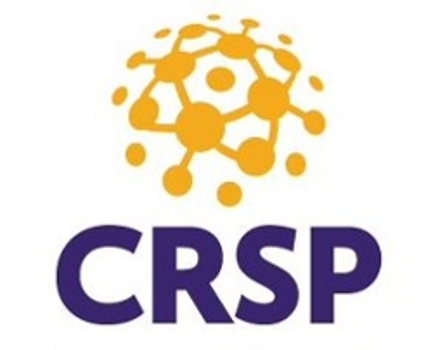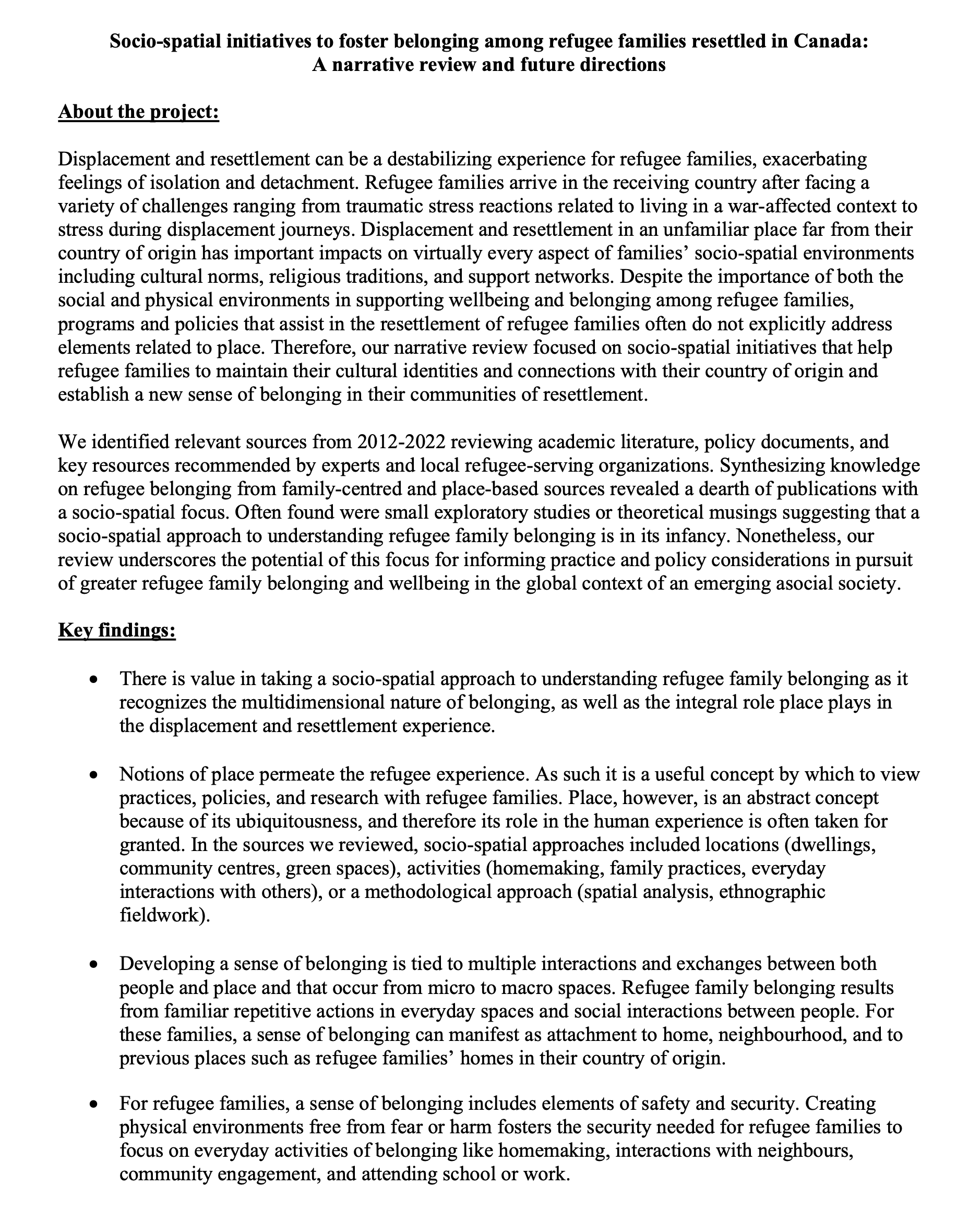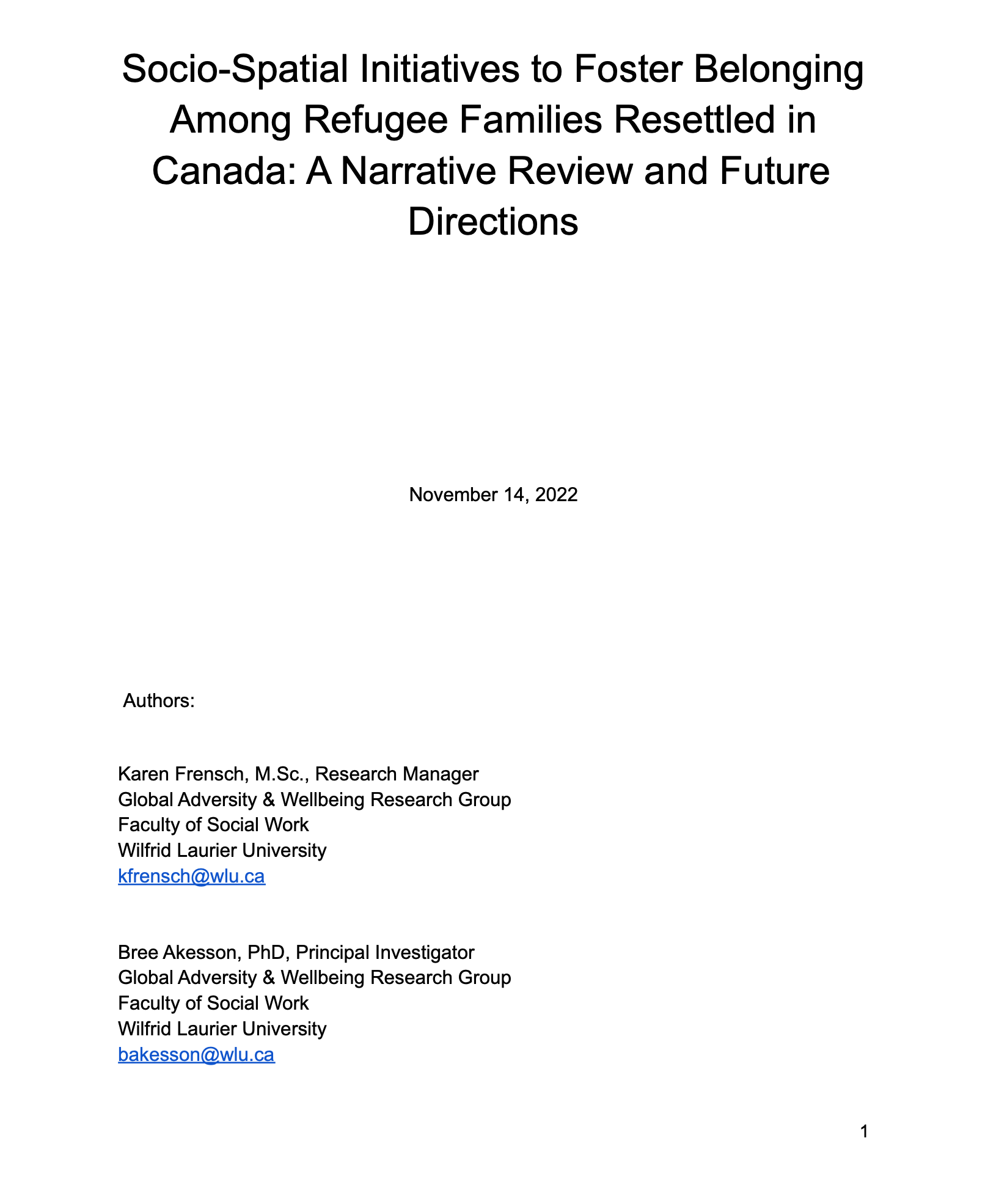Socio-spatial Initiatives to Foster Belonging Among Refugee Families Resettled in Canada: A Narrative Review and Future Directions
Displacement and resettlement can be a destabilizing experience for refugee families, exacerbating feelings of isolation and detachment. Refugee families arrive in the receiving country after facing a variety of challenges ranging from traumatic stress reactions related to living in a war-affected context to stress during displacement journeys. Displacement and resettlement in an unfamiliar place far from their country of origin has important impacts on virtually every aspect of families’ socio-spatial environments including cultural norms, religious traditions, and support networks. Despite the importance of both the social and physical environments in supporting wellbeing and belonging among refugee families, programs and policies that assist in the resettlement of refugee families often do not explicitly address elements related to place. Researchers at the Global Adversity and Wellbeing Research Group and the Centre for Research conducted a knowledge synthesis project focusing on socio-spatial initiatives that help refugee families to maintain their cultural identities and connections with their country of origin and establish a new sense of belonging in their communities of resettlement.
This project is supported in part by funding from the Social Sciences and Humanities Research Council.
Karen Frensch, M.Sc., Research Manager
Global Adversity & Wellbeing Research Group
Faculty of Social Work
Wilfrid Laurier University
Bree Akesson, PhD, Principal Investigator
Global Adversity & Wellbeing Research Group
Associate Director, Centre for Research on Security Practices
Faculty of Social Work
Wilfrid Laurier University


